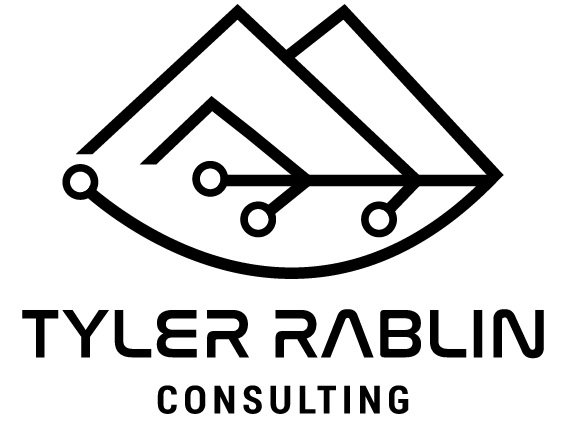Every Assessment Has a Variable and a Constant - Are We Choosing the Right Ones?
What does it mean to truly give students ownership over their learning?
This question has been running through my brain all year, and really, since I began my teaching career. Yet, I've never truly felt like I had an answer to that.
And I still don't, at least not entirely, but this week I watched a huge shift in the right direction happen with my students.
This question has been running through my brain all year, and really, since I began my teaching career. Yet, I've never truly felt like I had an answer to that.
And I still don't, at least not entirely, but this week I watched a huge shift in the right direction happen with my students.
The Setup
Before I jump into what happened, I want to explain a really simple concept that helped me rethink the variables and constants in my classroom.
I'm going to give you two concepts, and I want you to identify which of the concepts is the constant (ie. the non-negotiable piece) and which is the variable (ie. the piece that is negotiable or able to change). Side note: Science people, cut me some slack with those definitions.
Here are the concepts to label:
- The amount of learning
- The assessment date
In most classrooms, the amount of learning is the variable and the assessment date is the constant.
Why?
Well, pick your answer. It's easier. It's less messy. It's how we've always done it. Our pacing guide tells us when to give the assessment. We need to get through all our content.
The interesting part is the answer that I'd be willing to bet that no one would say, "Because it's better for students and learning."
What happens when a student takes an assessment they aren't ready for? They lose motivation and typically never learn the content because they have to move on.
The Shift
I have been toying with self-paced units recently. That's a whole different concept itself, which I'll probably write about at some point, but it was odd because students were still doing the assessment at the same time.
So, self-paced wasn't entirely true, but I wanted it to be.
Last week I made the jump. I told my students that they had to show me they were ready before they could take the assessment.
This was small. I thought it would be fairly insignificant. I couldn't have been more wrong.
The metacognition I've seen in my classroom with my students the past few weeks has surpassed anything I've seen in my entire career teaching, and I don't mean by a little bit.
For example, at the end of last week, I noticed a number of students saying that they didn't understand how to use ethos in their writing. All I had to say was, "If your having a hard time with ethos, meet in the back corner and figure it out." I hardly did anything, and students walked out of that meeting having learned entirely on their own. Did every student learn it to a level of mastery? Nope, definitely not. Were all of them able to identify their current level of understanding and take an independent step to learn it? Yes, and that is so much more important!
Final Thoughts
When we talk about student ownership in the classroom, it's time that we start to mean it. Yes, it's messier. Yes, students get off task sometimes. Yes, it's scary as hell and some days it doesn't go at all as planned.
But is it worth it?
I want to answer that question with some student responses. I'm not in the classroom today, and so my exit ticket for students was to have them identify what they learned and what they will learn tomorrow. Here are some of the responses (unedited, including the capitalization and spelling...).
- What did you learn today?
- "I learned how to use ethos and pathos all by myself."
- "i can now identify logos, pathos, and ethos easier and I know what they mean."
- "i learned what the differences are in anolagies, similies, and metaphores"
- What do you need to learn tomorrow?
- "I need to learn the difference between parallelism and repetition."
- "I can use the appeals, but I need to learn how to use them in an argument."
- "How to use those three [analogies, similes, and metaphors] in my writing."
I wasn't there to tell them this, but they now know that their learning is the most important part of the class - not what I want, not the pacing guide, not anything else except for their own learning.
This is the difference. Telling a student that their learning matters, that they matter, and actually showing them that you mean it.
If you have questions, ideas, or thought, please comment below.

